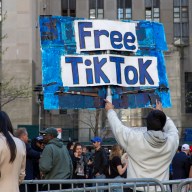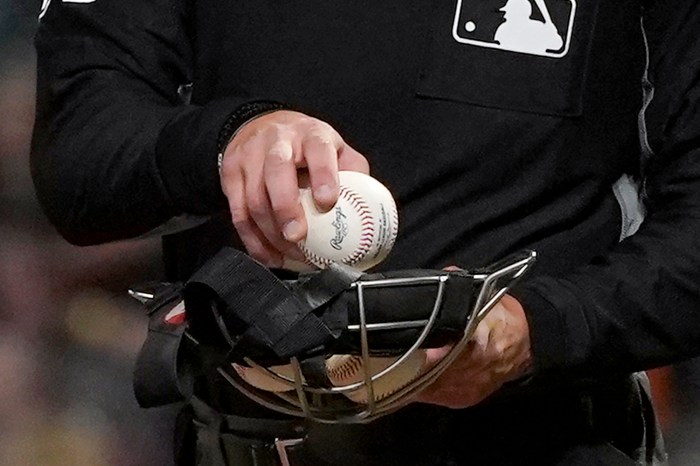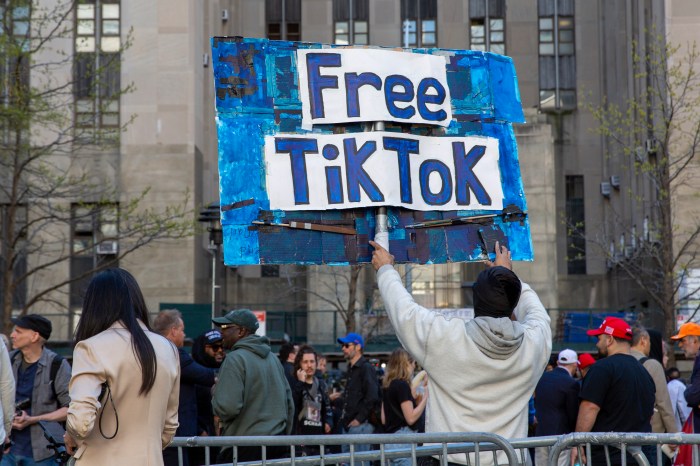 Peter McGraw traveled the world to find out what makes people laugh.
Peter McGraw traveled the world to find out what makes people laugh.
Credit: Peter McGraw
If you fancy yourself as a bit of a comedy genius you’d best get used to those awkward silences.
“The best predictor of whether someone is going to be funny is by how often they’ll try to make people laugh. They fail more but they’ll also succeed more,” says Prof. Peter McGraw, founder of the Humor Research Lab at the University of Colorado Boulder.
McGraw teamed up with journalist Joel Warner to embark on a worldwide quest to unravel the mystery behind comedy gold. The psychology professor spoke to Metro about the funniest finds published in their new book “The Humor Code: A Global Search For What Makes Things Funny.”
You did a bit of stand-up in New York before your trip. Were you a hit or a flop and did you have a drink before going up?
I had a couple of whiskies, which probably took the edge off. I was disappointed by the whole thing because I had very clearly bombed. Being an academic, I started analyzing it all. I failed to anticipate how the jokes would be received by an audience of dirtbag hipsters and wannabe comedians.
Speaking of booze, is it easier to make drunk people laugh?
The research tends to say that people who are drunk are more easily amused. One caveat: very subtle types of jokes might not be understood. It’s because alcohol impairs cognitive functioning so people might just miss out on the jokes. Drunk people just love blunt types of comedy.
Why does humor vary from culture to culture?
It’s because, in the words of the Humor Research Lab, what people see to be benign and what people see to be violations depends on their cultural values. That’s what makes it very difficult to be universally funny.
Where was the funniest place that you visited?
People don’t believe that there’s going to be much humor in the West Bank but even we were surprised by how many hilarious people we encountered. Anytime you find people who are individuals coping with hardship you’re going to find comedy. There’s a long history of comedy speaking truth in the midst of oppression.
Can humor heal?
Yes, there’s no doubt about that. If you can get people to smile even if they’re not in a good mood, it will make them feel better because of the association. The same goes for laughter. You don’t need to do something funny to get people to enjoy the benefits of laughter. You just have to ask them to start with non-Duchenne laughter (the polite laughter you use with your boss), which can turn into positive laughter (Duchenne).


















